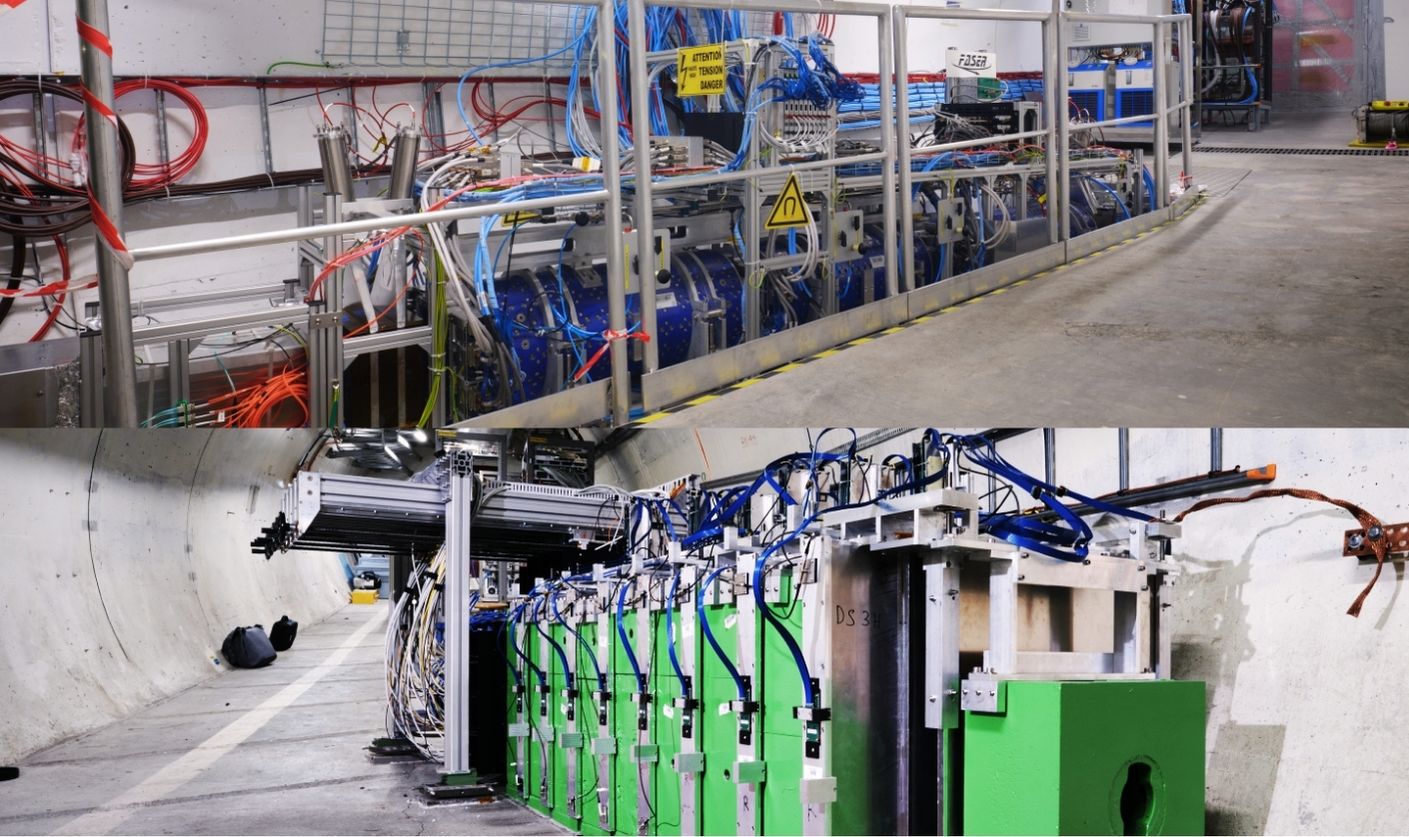
Neutrinos Detected for the First Time in Particle Collider
The Large Hadron Collider (LHC) at CERN has long been known for its groundbreaking research in particle physics. Recently, the LHC has once again made headlines with the successful detection of neutrinos, one of the most elusive subatomic particles known to science. This groundbreaking discovery is the result of a joint effort by several research teams and has far-reaching implications for our understanding of the universe.
What are Neutrinos?
Neutrinos are subatomic particles that are produced by the decay of radioactive materials and nuclear reactions. They are one of the most abundant particles in the universe, second only to photons. Despite their abundance, neutrinos are notoriously difficult to detect because they interact very weakly with matter. They are so elusive that they are sometimes referred to as "ghost particles."
Also Read:- Crocodile-Inspired Innovations: From Immune Systems to Wearable Technology
- The Controversy Surrounding Fortnite: Is It Too Addictive?
Detecting Neutrinos at the LHC
Despite their elusive nature, scientists have long been attempting to detect neutrinos in the LHC. In 2018, the research team at CERN began preparations for a new experiment designed to detect these elusive particles. The experiment, known as the FASER experiment, involves placing a detector at a strategic location along the beam line of the LHC.
The FASER experiment is designed to detect neutrinos that are produced when high-energy protons collide with the LHC's beam dump. The detector consists of several layers of scintillating material, which emit light when a neutrino interacts with it. This light is then detected by a series of photomultiplier tubes, which amplify the signal and send it to a data acquisition system for analysis.
The Significance of the Discovery
The detection of neutrinos at the LHC is a significant milestone in the field of particle physics. It confirms the existence of neutrinos in the LHC, which has been a topic of debate among scientists for many years. It also opens up new avenues for research, as scientists can now study the properties of neutrinos in a controlled laboratory setting.
In addition, the discovery of neutrinos at the LHC has important implications for our understanding of the universe. Neutrinos are thought to play a key role in the evolution of the universe, and their detection at the LHC may shed new light on the processes that govern the cosmos.
So, the recent detection of neutrinos at the LHC is a major achievement in the field of particle physics. It confirms the existence of these elusive particles in the LHC and opens up new avenues for research. As scientists continue to study neutrinos, we can expect to gain a deeper understanding of the universe and the fundamental forces that govern it.
Read More:- Steam Deck Update: DualSense Edge, Local Network Game Transfers, and More
- AnkerWork M650: A Professional Wireless Microphone for Your Recording Needs
That's it for this article.
Thanks for Visiting Us – fixyanet.com



0 Comments